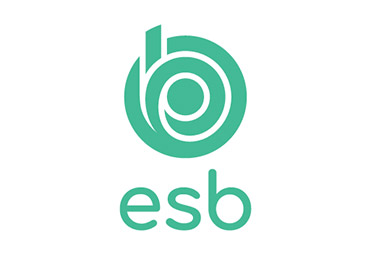

ATIBT welcomes a key actor of the training and the technical knowledge on timber. The École Supérieure du Bois (ESB) is an institution of higher education that is a national and international reference in the field of wood and bio-based materials training.

Recognised as being of general interest thanks to the EESPIG label, the ESB is a non-profit association whose mission is to develop knowledge related to wood/biosourced materials and their uses through innovation.
Founded in 1934 in Paris and based in Nantes since 1993, the ESB has evolved with the needs of an innovative industry open to the world.
Today, ESB trains nearly 450 students, 30% of whom work-study, from BTS to doctorate level, including Bachelors, a specialised Master's degree and the historic ESB engineering degree. The professionals trained are integrated into three major sectors of activity: low-carbon construction and housing, industrial engineering and wood and forestry sciences
The international dimension is an integral part of the school's DNA, thanks to a strategy that is resolutely open to the world. 100% of engineering and Bachelors students must have an international experience. Nearly 30% of the engineering student body is now made up of international students. Diversity is present in the workforce with an average of a dozen different nationalities. The majority of students are African (Gabon, Morocco, Tunisia, Algeria), but we also welcome students from Brazil, Indonesia, Madagascar, Canada, the United States, China, etc.
The ESB has 37 international partners, 5 double foreign degrees (Brazil, Chile, Russia, Switzerland and Canada) and is a member of many international networks (Campus France, Agence Universitaire de la Francophonie, EUR-ACE, Innovawood). Relations with Africa date back to the 1950s when the first Moroccan students were welcomed to the school. In the 2000s, an agreement with the Tunisian government enabled the school to train around one hundred engineers. Today, an agreement with the Gabonese National Scholarship Agency allows us to welcome 5 to 10 new Gabonese students in our courses.
Numerous requests from the Congo Basin in particular are received each year for projects relating to initial, continuing and professional training.